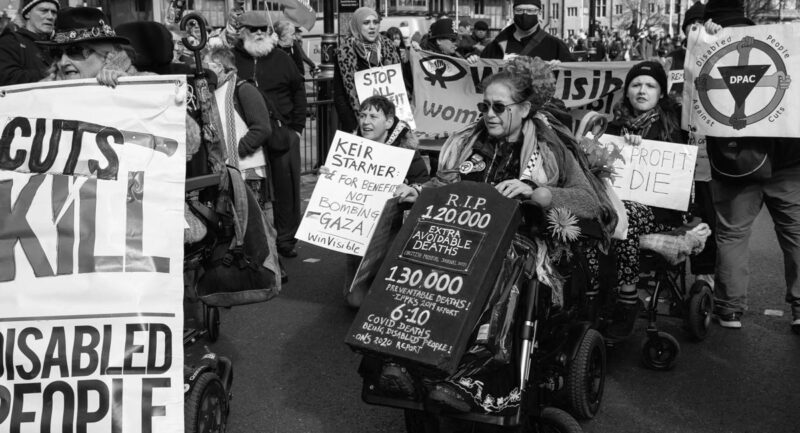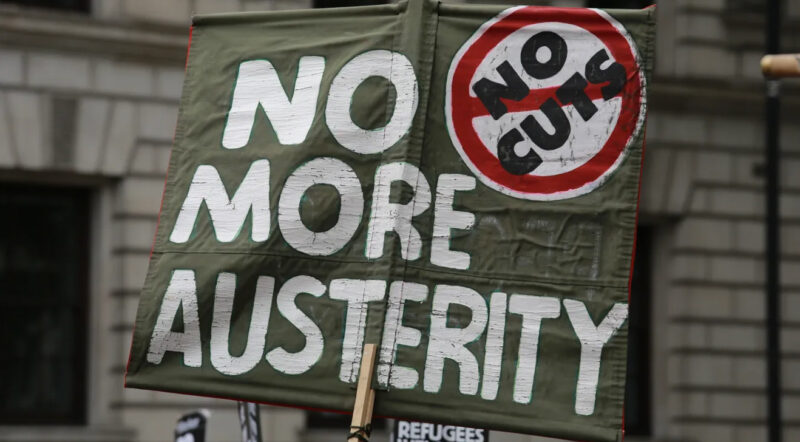Egypt: the struggle for freedom continues
The revolution in Egypt has entered a new phase. New independent trade unions are recruiting tens of thousands and demanding an end to starvation wages and sweatshop conditions. Marcus Halaby and Jeremy Drinkall assess where the movement can go from here
 The popular movement is forming local and national committees to demand the fulfilment of the democratic promises made when Hosni Mubarak fell.
The popular movement is forming local and national committees to demand the fulfilment of the democratic promises made when Hosni Mubarak fell.
Yet the “reformist” government of Essam Sharaf wants to ban strikes and demonstrations and restrict the right to form political parties.
The Egyptian people – with the working class and urban poor in the front – may have succeeded in overthrowing Mubarak, but their revolution did not go all the way and seize power. It may have paralyzed the army as an instrument of repression but it did not break the power of its commanders over the rank and file.
The movement that made the revolution must continue to challenge and veto the regime’s decisions. Above socialists all must agitate for a revolutionary party to complete the democratic revolution and overthrow the capitalist system and break imperialist domination of the country.
Counter-revolution
Apart from a few changes at the top, Mubarak’s resignation has resolved none of the causes for the revolution.
An unelected junta – the Supreme Council of the Armed Forces – headed by Field Marshal Mohamed Hussein Tantawi, a former Commander of the Presidential Guard – has assumed Mubarak’s powers. Egypt’s emergency law of 1958 remains in place.
The State Security Investigations Service – Egypt’s secret police – has formally been disbanded, only to be resurrected in a new guise.
The 40,000-strong independent teachers’ union is demanding a 7 per cent pay rise, reduction of class sizes from 90 to 40 and 33,000 new schools. Union leader Abdel Hafiz said teachers wanted to “gain control of their work”, adding that many wanted to form new, secular workers’ parties.
Every trade unionist felt a boost when the regime was forced to detain yellow ETUF union leader, Hussein Megawer, for organising the “battle of the Camels”, one of the bloodiest assaults on the revolutionaries in Tahrir Square.
Revolutionary conference
A coalition of youth groups and political organisations is holding a conference in May with the aim of revolutionary unity on the basis of proposals for the constitution, social justice, action prior to the election, and setting up a national council to “give voice to the people’s aspirations and coordinate with the Supreme Council of the Armed Forces”.
This follows a successful national meeting of the Popular Committees for the Defence of the Revolution in April. PCDR leaders Khaled Abdel Shaheed told El Ahram: “Our ultimate aim is for there to be social monitoring in the coming period for all branches of the government and all institutions as a guarantee of the revolution’s consummation.”
Absolutely right. But the development of dual power –between mass organs of the revolution, workers councils, a popular militia – is itself only a step towards the real solution: the power of the workers and peasants of Egypt. Such an outcome requires the formation of a revolutionary party, based on the socialist groups, the new trade unions and the most far-sighted and determined activists of the popular movement.






